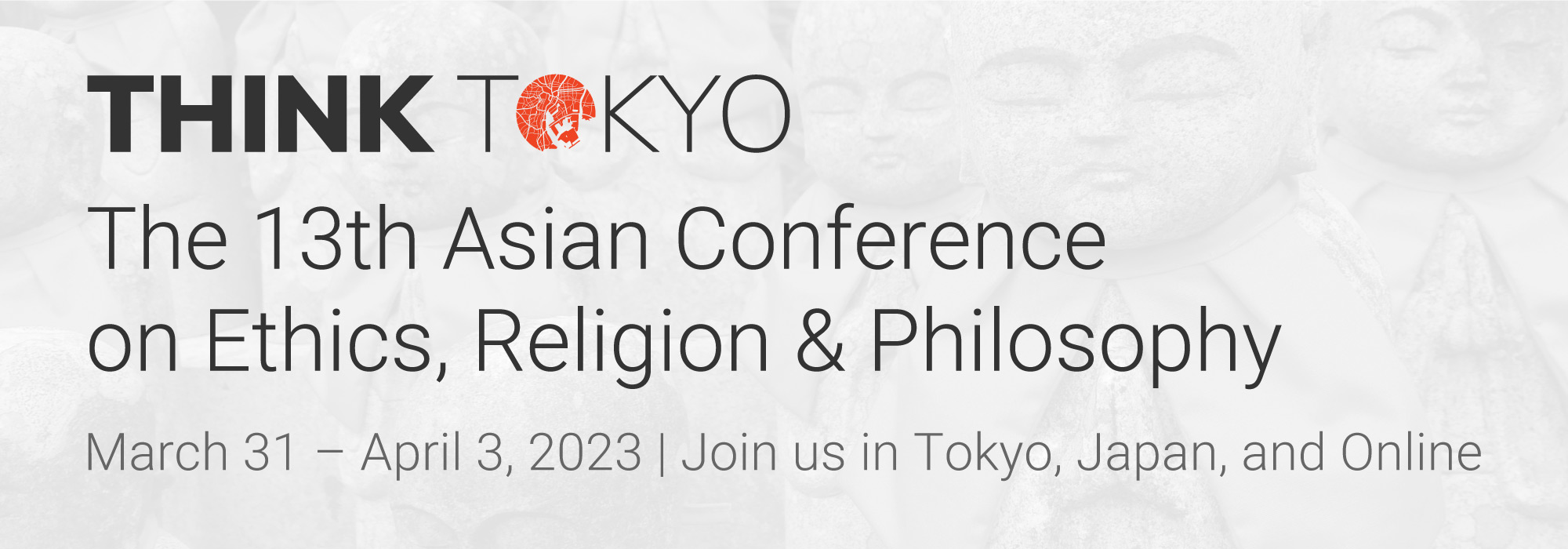Presentation Schedule
Revealing Intrapersonal Relationships Between Academic Self-Concept and Subjective Achievement in Foreign Language Learning: An Experiential-Sampling Approach (69065)
Session: On Demand
Room: Virtual Poster Presentation
Presentation Type:Virtual Poster Presentation
Academic achievement contributes the formation of academic self-concept (Marsh et al., 2019). Despite the theoretical assumption that academic self-concept is situationally determined depending on students’ or classmates’ achievement of the course (Marsh et al., 2019; Niepel et al., 2022), most longitudinal studies relied on surveys with long intervals over weeks or months (Wu et al., 2021). To address this gap in the literature, this study measured students’ academic self-concept and perceived class-specific achievement every class by experiential-sampling approach and investigated the intrapersonal fluctuation of self-concept. Also, this study further explored the role of achievement goals in predicting individual differences in this relationship.
The online surveys were conducted thirteen times over a month on 27 Japanese undergraduates who took English as foreign language (EFL) course. Initial surveys measured students’ academic self-concept and achievement goals in EFL learning at individual levels. The participants got signals to join in the surveys from Time 2 to Time 13 right after finishing every EFL class, measuring situational EFL self-concept and lesson-specific perceived EFL achievement of themselves and their classmates.
Hierarchical linear modeling revealed that a higher lesson-specific perceived EFL achievement was associated with higher situational academic self-concept levels within individuals. Academic achievement goals did not moderate this intrapersonal relationship. The results suggest that class-specific achievement contributes to situational formation of academic self-concept. This study brought empirical support for the intrapersonal dynamic relationships between academic self-concept and perceived academic achievement. The results confirm the theoretical suggestion that motivational constru
Authors:
Daisuke Akamatsu, Kyoto University of Education, Japan
About the Presenter(s)
Dr Daisuke Akamatsu is a University Assistant Professor/Lecturer at Kyoto University of Education in Japan
See this presentation on the full schedule – On Demand Schedule





Comments
Powered by WP LinkPress